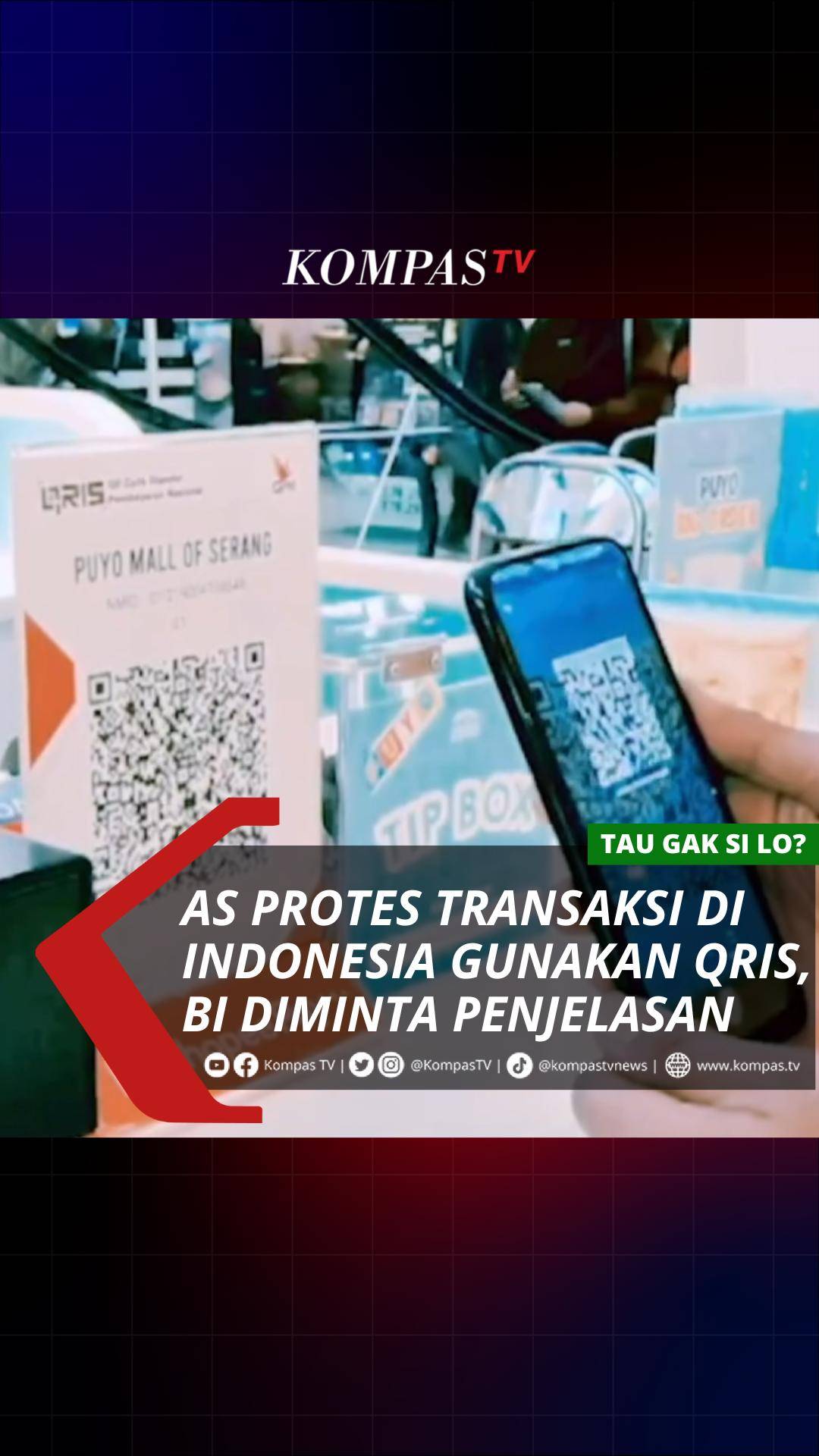BI Dipertanyakan Soal QRIS: Protes Menggema Terkait Transaksi di Indonesia
Indonesia's beloved QRIS system, lauded for its ease and convenience, is facing growing scrutiny following recent public outcry over transaction issues. The central bank, Bank Indonesia (BI), is now under pressure to address concerns surrounding transparency, security, and the overall user experience. This article delves into the escalating debate, examining the specific complaints, BI's response, and the potential implications for the future of digital payments in Indonesia.
The Mounting Criticism: What are the Issues?
Recent weeks have seen a surge in public dissatisfaction with QRIS, Indonesia's quick response code payment system. The complaints are multifaceted, ranging from:
- Hidden Fees: Several users have reported unexpectedly high transaction fees, often without clear explanation or prior notification. This lack of transparency has fuelled public anger and distrust.
- Security Concerns: While BI touts QRIS's robust security measures, concerns persist regarding potential vulnerabilities and data breaches. The need for stronger consumer protection measures is a frequently voiced demand.
- Merchant Disputes: Disputes between merchants and consumers regarding transactions processed through QRIS are also on the rise. The lack of a clear and efficient dispute resolution mechanism further exacerbates the problem.
- Accessibility Issues: While QRIS has significantly improved financial inclusion, some users, particularly those in remote areas or with limited digital literacy, still face challenges in utilizing the system effectively.
These issues collectively paint a picture of a system struggling to keep pace with its burgeoning popularity and the evolving needs of Indonesian consumers.
BI's Response: Addressing the Backlash
Bank Indonesia has acknowledged the public concerns and pledged to investigate the reported irregularities. They have stated their commitment to improving the QRIS system and enhancing consumer protection. Specific actions announced by BI include:
- Strengthening Regulatory Frameworks: BI plans to review and strengthen existing regulations to ensure greater transparency and accountability in QRIS transactions.
- Improved Dispute Resolution: Efforts are underway to establish a more efficient and user-friendly dispute resolution mechanism for merchants and consumers.
- Increased Public Education: BI intends to launch public awareness campaigns to educate users about QRIS functionalities, security measures, and their rights as consumers.
- Technological Enhancements: The central bank is exploring technological upgrades to bolster the security and reliability of the QRIS system.
However, critics argue that these measures are insufficient and that BI needs to take more decisive action to address the root causes of the problems. The demand for a more robust and independent regulatory body to oversee QRIS operations is growing louder.
The Future of QRIS: A Crossroads?
The current controversies surrounding QRIS present a critical juncture for Indonesia's digital payment landscape. The success of QRIS hinges on the ability of BI to effectively address public concerns and build trust. Failure to do so could severely undermine the system's credibility and potentially hinder the broader adoption of digital payments in Indonesia.
The situation underscores the importance of effective regulation, transparency, and consumer protection in the rapidly evolving world of fintech. The coming months will be crucial in determining whether BI can successfully navigate this challenge and solidify QRIS's position as a cornerstone of Indonesia's digital economy.
Call to Action: What are your thoughts on the QRIS controversy? Share your experiences and opinions in the comments section below. Let's discuss how to ensure a safer and more reliable digital payment system for all Indonesians.

